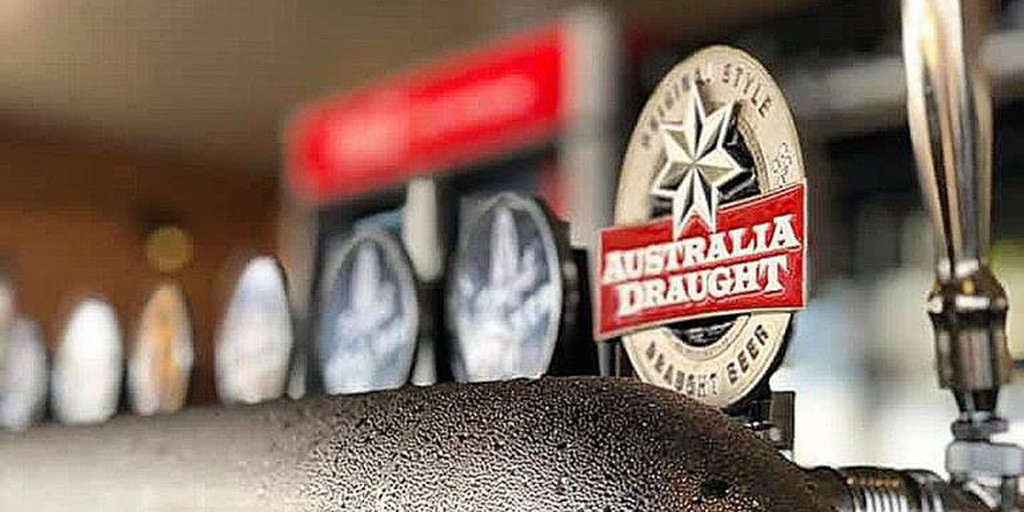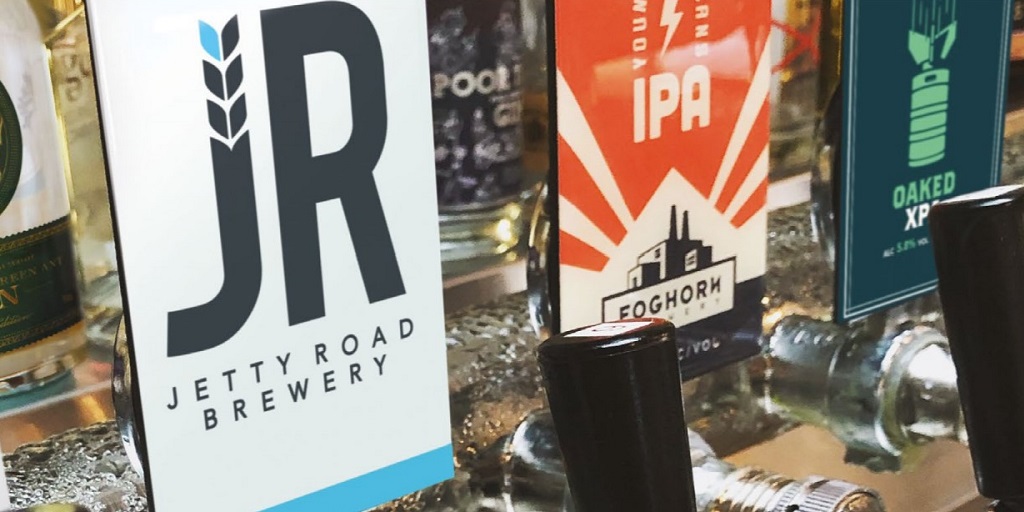
Contrasting fortunes at Founders First and Broo
Annual results season is in full swing as companies take stock of their last 12 months, and today Broo and Founders First posted very contrasting performances.
In two very different approaches to annual reports, both announced losses. However Founders First detailed its investments in four businesses and eight equity investments as well as its IPO in December 2019, and indicated that it was in a strong position for future growth.
Meanwhile Broo, coming off the back of its $1.25 million initial share issue and contract brewing agreement with Carlton and United Breweries also posted considerable losses.
However this was the seventh year in a row of multi-million-dollar losses as the troubled brewer looked to stem the flow of cash out of the business with share issues, having announced the winding down of production during COVID-19.
Broo

Following the news last week that ASX-listed brewer Broo was issuing 70 million shares to raise $1.25 million, the troubled company announced annual results showing continued losses and a decline in revenue.
For the year to 30th June 2020, revenue from continuing operations was down 28 per cent to $2.2 million.
Total losses reached $3.5 million – a further 10 per cent decline on the year before – meaning that the brewery has now not made a profit in the last seven years. Accumulated losses reached $20.6 million in 2020.
In addition to the preliminary annual results, a prospectus was published today detailing an entitlement offer which would allow eligible shareholders to acquire an additional share, one for every five of their held shares, before a deadline of October 2022.
The offer is under a non-renounceable rights issue, which means that the shareholders cannot sell their rights to buy the new shares on the market or transfer them to others. Broo estimates that it will raise $2.8 million through the original share issue and entitlement offer.
The prospectus detailed what Broo would spend the funds on, including payment for the contract brewing agreement with CUB made earlier this month, which will cost it $1.5 million. Broo claimed that it would be ordering 1.7 million litres annually in the deal.
In addition to this, $1.1 million will go towards working capital, $120,330 towards expenses and $45,000 for the payment of its lead manager 61 Financial Information Technology Pty Ltd.
“On behalf of the board, I encourage you to consider this investment opportunity and thank you for your ongoing support,” said executive director Kent Grogan in a letter posted to shareholders.
Upon completion the entitlement offer will see up to 936.4 million Broo shares in circulation, up from 780.3 million on the prospectus date.
Currently Groges Holdings owns 302.2 million shares which equates to 38.72 per cent of voting power, De Graff Holdings owns 50.8 million shares, equating to 6.5 per cent of the company, and GEM Syndication owns 60 million shares, equating to 7.96 per cent of the business.
Although Kent Grogan has previously told Brews News that he does not draw a salary from his director role, the remuneration of directors detailed in the prospectus indicates that $360,000 per annum is payable to Grogan, with $43,500 to each of the two other directors; Matthew Boyes and non-executive director Matthew Newbury, also CEO at Catchment Brewing Co in Brisbane.
The company was valued at $122 million upon its IPO in 2016. With the share price currently at $0.02, Broo now has a market capitalisation of $15.6 million.
It admitted in the prospectus that the company is “not cash flow positive, meaning the company is reliant on raising funds from investors in order to continue its operations” which it has seen it undertaking share issues throughout the year.
It did not provide a financial forecast in the prospectus, saying the directors “do not have reasonable basis to forecast future earnings on the basis that the operations of the company are inherently uncertain”.
Founders First

On the other side of the coin, Founders First, which has just started its career on the ASX, announced today that its maiden results “reflect strong growth and momentum”.
According to its annual report, it had cash in hand at the end of the 12 months of $11.4 million. Revenue from ordinary activities reached $9.2 million – an increase of 131 per cent on last year when it was in the early stages of bringing on craft brewers and distillers.
Losses after income tax increased to $8.5 million, after spending $14.1 million on investments, loans and the purchase of businesses, property and equipment.
It listed on the ASX in December 2019 and has completed four acquisitions and eight equity investments, invested in its sales operations, changed its craft beer business name to Mighty Craft and acquired a number of hospitality venues.
Managing director Mark Haysman said that growth was accelerating and the firm continued with its strategy at pace during “ challenging times”.
“There is a huge opportunity in front of us to create a significant and sustainable craft business that benefits our shareholders, partners and the craft beverage industry in this country,” he said.
“The macro theme surrounding craft is here to stay and given the calibre of our team we are uniquely positioned to solve industry-specific problems and create a thriving craft beverage business.
“There will be consolidation in the craft industry, and we will continue to ensure we are well placed to capitalise on these opportunities. We have a strong balance sheet, have strong momentum and are laser-focused on executing against our strategy of becoming the strongest craft collective in the world.”
At the same time as its annual results, the business secured a $7.5 million debt facility with Pure Asset Management to support its growth, which Founders First said was a strong endorsement of its business model and prospects given the early stage of the business.
It acknowledged that 2020 was a tough year for venues, saying it responded by standing down staff, implementing short term pay cuts and closing venues.
“We have fourteen venues across the wider group, and they have all been impacted to varying degrees,” said Haysman.
“The business responded swiftly to mitigate the impact of the closure and in some ways we have benefited as we have been able to review our cost structures and ensure that our venues are set to provide a platform for growth and brand connection over the coming year.”



